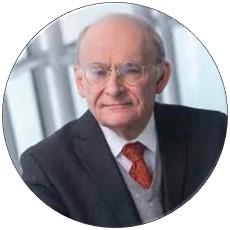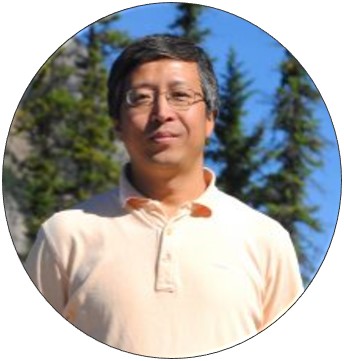Forced Organ Harvesting from Prisoners of Conscience: A Workshop on the Intersection of Medical Advocacy and Medical Ethics
As biomedicine globalizes, questions of international medical ethics become increasingly apparent. The People’s Republic of China is the country with the steepest increase in the number of transplants in the past 20 years. As of today, it claims to perform at least the second-highest number of annual transplants. The number of human organs available for medical transplantation has been augmented by the practice of forcibly harvesting organs without free, voluntary consent from people incarcerated in their prison system, principally political and religious dissidents. Medical and human rights organizations in other countries have decried this state practice as a violation of basic human rights, and have criticized the Chinese state and transplant community for abandoning the medical profession’s core ethical commitments in their decision to use execution as a means to organ “donation.” But is there any professional ethical obligation for health care professionals outside of China to take responsibility for their colleagues’ complicity with such abuses, given the cultural and political differences that influence their work? What can and should health care professionals across the globe who are motivated to advocate on this issue do, either as individuals or collectively within their medical specialties?
Alexander Toledo, M.D., Division of Abdominal Transplant Surgery, Department of Surgery, and Eric Juengst, Ph.D., Center for Bioethics will moderate the discussion. Presenters include:
Panelist
David Matas, Human Rights Lawyer
David Matas is an international human rights lawyer, author, and researcher based in Winnipeg and currently acts as Senior Honorary Counsel for B’nai Brith Canada. He has served the government of Canada in numerous positions including as a member of the Canadian delegation to the United Nations Conference on an International Criminal Court; the Task Force for International Cooperation on Holocaust Education, Remembrance and Research; and the Organization on Security and Cooperation in Europe Conferences on Antisemitism and Intolerance.
Torsten Trey, M.D., Ph.D., Founder and Executive Director DAFOH
Torsten Trey, MD, Ph.D., founder and executive director of the medical ethics advocacy group, Doctors Against Forced Organ Harvesting, DAFOH, is among those who lead the global movement against forced organ harvesting in China. Considered a leading expert in the field, Dr. Trey has co-authored books and published widely in medical journals on this topic. An international speaker, Dr. Trey was recently featured in the award-winning documentary, Human Harvest. He is co-editor of the book, State Organs: Transplant Abuse in China.
Winston Liu, Prisoner of Conscience, Falun Gong Practitioner
Mr. Liu, a Falun Gong practitioner from mainland China who experienced the persecution against his faith firsthand, will share his personal story.
The purpose of this workshop is to host an interdisciplinary discussion of these questions for medical trainees and clinicians, designed to address the following objectives:
- Highlight the moral/human rights crisis in China that has led to the use of political prisoners as organ “donors,” identifying and describing the people that are vulnerable to forced organ harvesting.
- Discuss the specific challenges in identifying the scope of the problem, gathering information and evidence, and building the necessary platform and alliances to address it.
- Examine advocacy in terms of identifying successful strategies for positive change and further actions in the context of forced organ harvesting in China.
- Extrapolate key features that are applicable to other international advocacy efforts and to medical practice outside of China.
- Explore how individuals and groups interested in advocacy may get involved at the campus level and beyond.
Related References
Article Publications; Death Row Prisoners in China
Planning Committee Members:
- Arlene M. Davis, JD, Director, UNC Hospital Clinical Ethics Service
- Eric T, Juengst, PhD, Director, UNC Center for Bioethics
- Kevin Tie, M.D. Candidate at UNC School of Medicine
- Alexander H. Toledo, MD, Professor of Surgery, UNC Division of Abdominal Transplant Surgery, Department of Surgery







